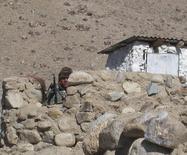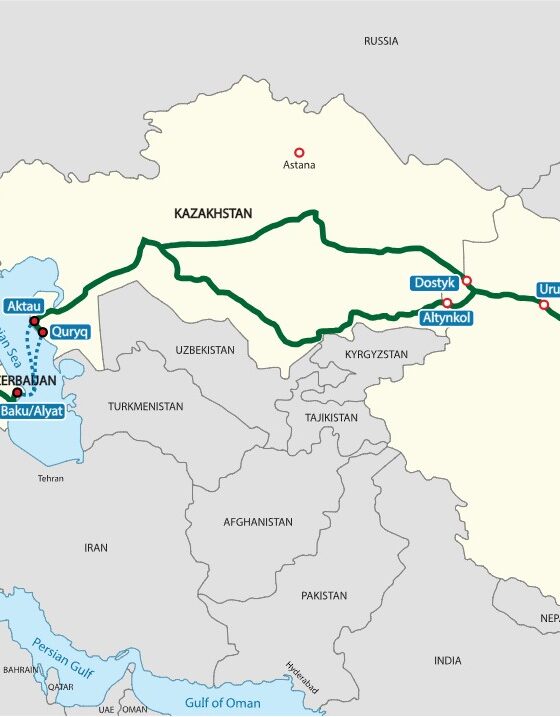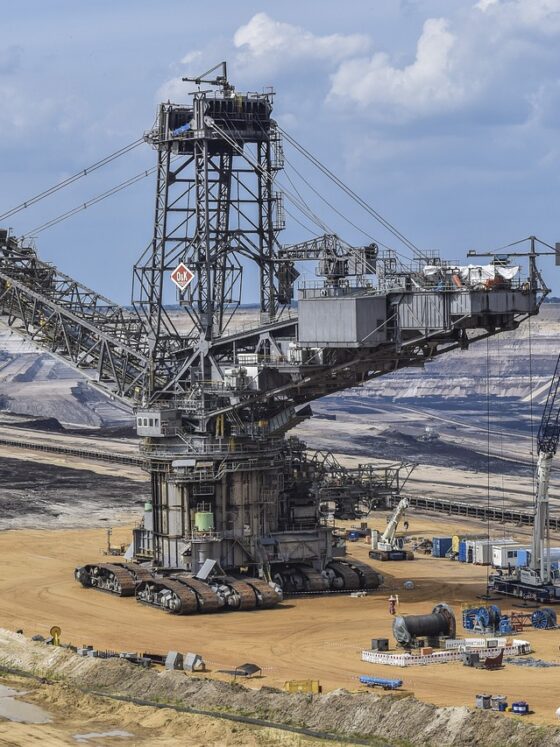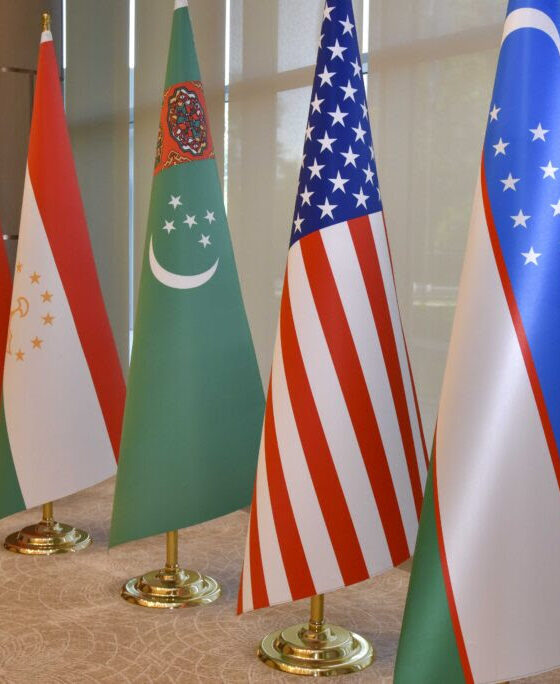Voices From Central Asia No. 5, August 2012
Sultan Akimbekov, Director of the Institute for Asian Studies, Almaty, Kazakhstan, Zakir Chotaev, Assistant Director, Central Asian Research Center, Kyrgyz-Turkish Manas University, Bishkek, Kyrgyzstan; Viktor Dubovitsky, Independent Expert, Dushanbe, Tajikistan; Farkhad Tolipov, Director of Non-Governmental Educational Institution ‘Bilim Karvoni’ (Knowledge Caravan), Tashkent, Uzbekistan.
Currently, the NDN is of great importance to the United States. It is clear that Washington is willing not only to pay for the transit of goods, but also to build partnerships with the countries of the region. Security in Central Asia therefore remains an important factor for Washington in the medium term. While the exact scale of the withdrawal of coalition forces is still an open question, part of the U.S. military will stay even after 2014. This was confirmed by the strategic agreement signed by President Barack Obama in Kabul this spring, which envisaged an American presence in the country until 2024. But these are all tactical issues. For the United States, the Central Asian region as a whole is of great strategic importance in the context of a geopolitical rivalry with Russia and China.













